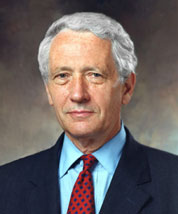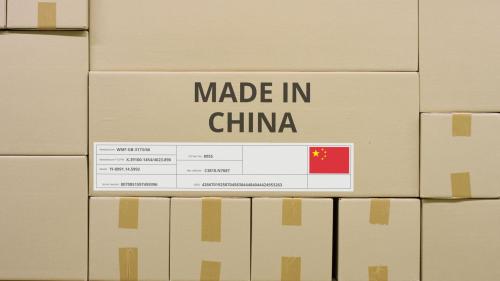Introduction
The significance of the Reciprocal Trade Agreements Act of 1934 for the present GATT/WTO system lies in a very few central ideas. They are all principles espoused by Cordell Hull. It is therefore worth understanding how these ideas came to dominate the thinking of Cordell Hull and how they led directly, under his leadership, to the Reciprocal Trade Agreements Act of 1934. Against that background we can investigate how those ideas came to be central concepts in the second half of the Twentieth Century in the GATT system. The final question addressed in this paper is whether those concepts retain validity in the Doha Round and the post-Doha world.
Cordell Hull was a Democrat from Tennessee. He was therefore from his beginning adult years a low tariff proponent as fit the pattern for Democrats not just in those days but from the earliest days of the Republic. It was after all the North that had sought protection for manufactures and the South that was more interested in exports, primarily agricultural products to be sure. Indeed, this difference goes all the way back to the Constitution itself, when it was the Southerners who backed the prohibition on export taxes. In Hull’s days the economic truth that a country that taxes imports will find it harder to export was instinctively understood in the South.
The Brookings Institution is committed to quality, independence, and impact.
We are supported by a diverse array of funders. In line with our values and policies, each Brookings publication represents the sole views of its author(s).


